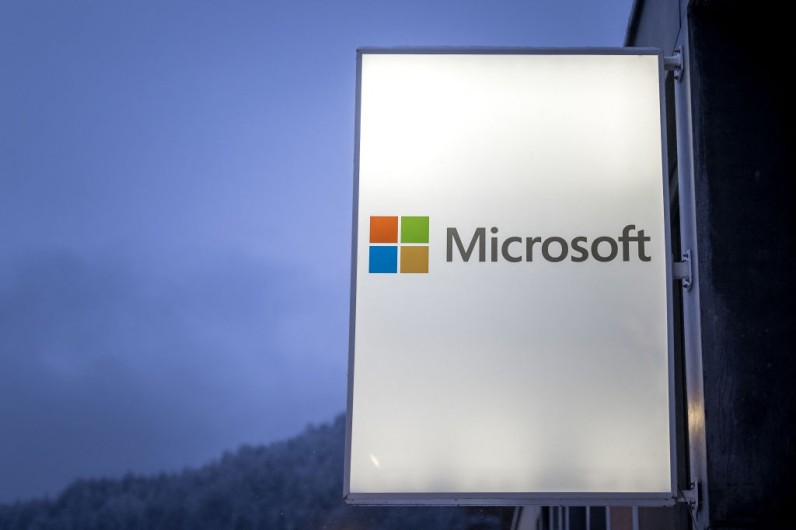
Microsoft Corp. has launched a generative AI model that is completely separate from the internet, claiming that US spy agencies may now safely use the sophisticated technology to examine sensitive information.
Microsoft's AI Service for Spies
Spy agencies around the world want generative AI to help them interpret and evaluate the increasing amounts of classified material created on a daily basis, but they must balance using huge language models with the possibility that data will escape into the open - or be purposefully hacked.
According to William Chappell, Microsoft's chief technology officer for strategic missions and technology, the GPT4-based model and essential supporting pieces have been put in the cloud in a "air-gapped" environment that is isolated from the internet.
Intelligence leaders have often stated that they want the same generative AI capabilities that promise to disrupt various industries and modernize economies.
This seems to be the inaugural AI model designed exclusively for classified workloads, and it is also the first significant large language model to function completely independent of the internet.
Last year, the Central Intelligence Agency introduced its own AI tool, similar to ChatGPT, to analyze large amounts of public information.
Nevertheless, the AI model was not applied to any classified documentation. Generative AI is also utilized by other government agencies, such as the Pennsylvania Office of Administration, to analyze non-classified data.
Microsoft's New AI Model Under Intelligence Scrutiny
According to sources, Microsoft has dedicated the past 18 months to developing the GPT-4 spy model, which involved significant modifications to an AI supercomputer located in Iowa.
Based on Bloomberg, the model is still in its early stages and requires testing and accreditation from the intelligence community, as it has only been live for less than a week.
This deployment of an AI model for highly classified tasks arrives at a pivotal juncture for Microsoft's standing in the field of cybersecurity.
A recent review by the Department of Homeland Security criticized Microsoft's security practices, holding the cloud provider responsible for the exposure of high-ranking government officials' emails.
The report highlighted the need for a significant overhaul of Microsoft's security culture. CEO Satya Nadella recently emphasized the importance of security to Microsoft employees, making it the company's top priority.







Join the Conversation